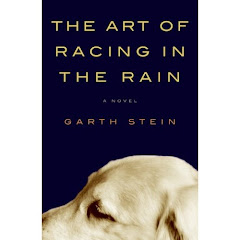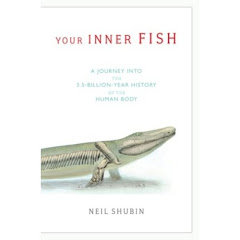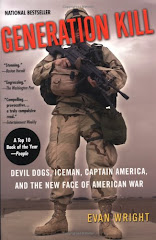"A Journey into the 3.5 Billion Year History of the Human Body" is more than I bargained for. I listened to a podcast, On Point, which we download for free from iTunes, featuring this scientist. He is absolutely amazing to listen to, but even more remarkable to read about. This book details where our major organs originated from, how we as humans came to be.
Neil Shubin is first an anatomist and second, a fish paleontologist, who unearthed Tiktaalik, a 375 million year old fossil fish whose flat skull, limbs with fingers and wrist bones, provided a link between fish and the first land dwelling organism. But, he doesn't just hone in on this fish-like fossil, he finds cellular similarities between our cells and sponges. He links our teeth and ear bones, and identifies the origins of our senses. It is a science book for those who are hesitant to embrace scientific text (because it's usually SO boring!) and he writes in a manner that can be understood by all. This book will open your eyes to the similarities of species and the universal body plan that has changed over time to better fit the environment we live in.
I HIGHLY recommend this book if you have ever wondered where hiccups originated from, how we have gills in the womb and then we don't or if you are just amazed at how perfect organisms are for their time, place and purpose.




















